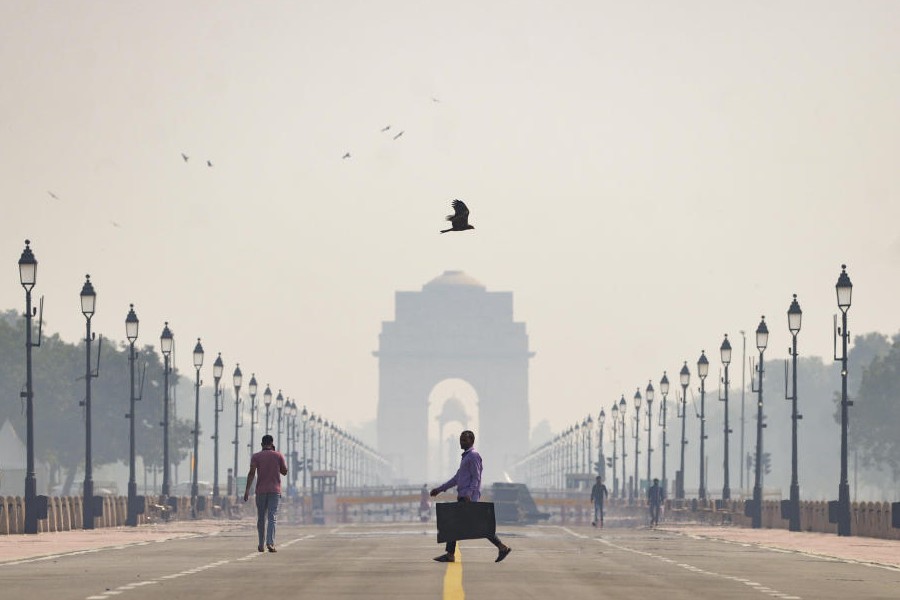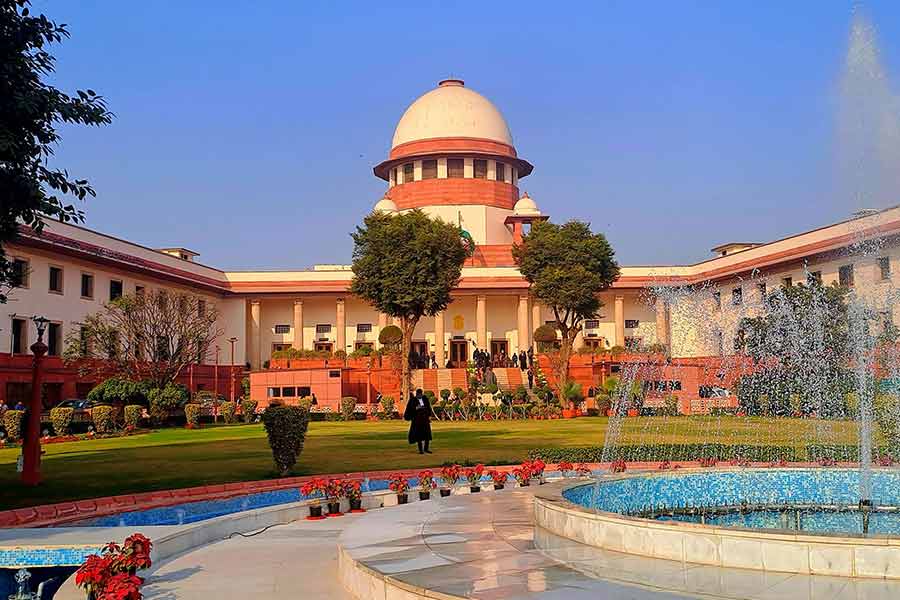Delhi’s air has long been a threat to public health, and this year, the government has launched a plan to confront the city’s pollution head-on.
The Air Pollution Mitigation Plan combines enforcement, technology, and green initiatives in an attempt to make a measurable impact on the capital’s toxic skies.
Starting November 1, 2025, stricter rules will bar non-compliant vehicles from entering Delhi. Only BS-VI, CNG, or electric commercial vehicles from outside the city will be allowed, monitored through Automatic Number Plate Recognition cameras at entry points.
The Supreme Court on Wednesday permitted the sale and bursting of “green firecrackers” in Delhi-NCR, modifying a ban imposed last year to curb pollution. aiming to ensure accountability and immediate action.
The city’s streets will see 1,000 water sprinklers, 140 anti-smog guns, and 70 mechanical road sweepers deployed across 13 pollution hotspots.
Large commercial buildings must install rooftop anti-smog guns, while a pilot cloud seeding project aims to trigger artificial rain to settle airborne pollutants.
A massive tree plantation drive targets 70 lakh new trees to expand Delhi’s green cover. Real-time digital monitoring links 953 Pollution under Control centers for emissions tracking, while enforcement has already issued over 12,000 challans for violations.
Environment Minister Manjinder Singh Sirsa last month said the Delhi government had planned for cloud seeding, or artificial rain, and has now received the necessary permission to conduct the trial in October and November.
“It will be done in north Delhi, the trial will be completed from Hindon Airport with Cessna aircraft, IIT Kanpur will be conducting it,” said Sirsa.
Dust and particulate pollution will be tackled with mechanical street sweeping, water sprinkling, and strict oversight of construction and demolition.
Industrial emissions are under tighter regulation, with mandatory use of pipeline natural gas and monitoring of generator outputs.
Delhi Metro’s electric auto fleet is expanding, and over 12 per cent of new vehicle registrations are expected to be electric, signalling a push toward cleaner urban transport.
Legacy waste biomining projects at major landfills are being fast-tracked, with strict timelines for clearing and upgrading infrastructure.
Public awareness campaigns are ramped up to educate citizens about the health impacts of pollution, while neighbouring states are being roped in under the Graded Response Action Plan (GRAP) to curb stubble burning. The DPCC has stepped up inspections and penalties for industrial and vehicular violations.
Air quality monitoring stations are being expanded, with real-time data made accessible to the public.











